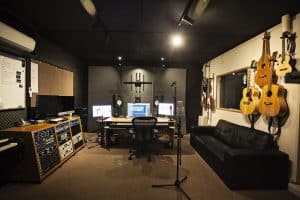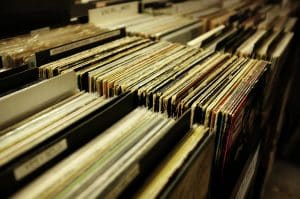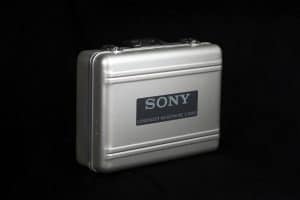How to Choose the Best Voiceover Microphone?
When it comes to voiceover and music production, the microphone you use plays a significant role. Choosing the wrong microphone can cause problems. It can perhaps wreck your whole project! Take a look at this microphone guide. It will help you determine which voiceover microphone is best suited for you and your voiceover project.
Microphone Options
Basically, when it comes to choosing microphones for voiceovers, there are two main options for you to consider: dynamic and condenser microphones. Dynamic microphones are what you will usually find in radio stations. Condenser microphones are usually found in voiceover recording studios. Here is a little more detail on both these microphones from which you can determine which one is best for you.
Condenser Microphones
The main sign of a condenser microphone is that they do not have a moving coil of wire attached to the diaphragm. These microphones modify an electrical current which is generated by an external power supply. Since these microphones do not have mechanical resistance, which is found in dynamic mics, they are far more sensitive to every vocal nuance. They lend a more intimate touch to your voiceover.
These microphones may appear to be rather expensive, but nevertheless, they are the best option when it comes to recording professional voiceover. They sound full and intimate and have great up-front sound, without being too aggressive. Condensers come in two types: small diaphragm and large diaphragm. Large diaphragms are basically used in studios and give a louder tone and intimate sound, whereas small diaphragms are said to be more accurate.
Dynamic Voiceover Microphones
Dynamic microphones, as mentioned above, are used in radio stations. They are also what live vocalists often use for their performances. They are rugged, reasonably good-sounding, and suit most voiceover work. Heavy voiceover sounds absolutely fabulous on these microphones. In addition, dynamic microphones are not nuanced. The diaphragm is connected to a coil wire which is then connected to an amplifier and DAW.
Usually, people who are on a tight budget opt for dynamic microphones. They are comparatively cheaper. They also make for good general-purpose microphones and many voiceover pros use them. Furthermore, dynamic microphones can suit almost all styles of voices and work equally well with both male and female voiceover.
The microphone you choose comes down to your budget. If you are looking for a cost-effective voiceover microphone, the dynamic ones are the best. If you have money to burn and want exceptional quality, condenser microphones are a perfect choice for voiceover.




